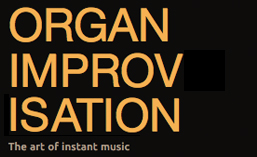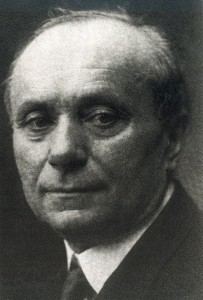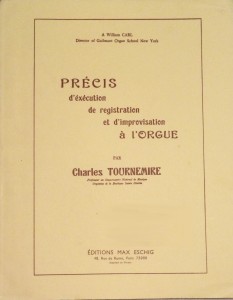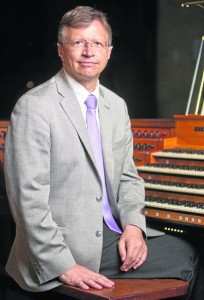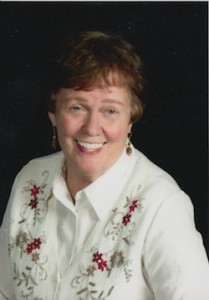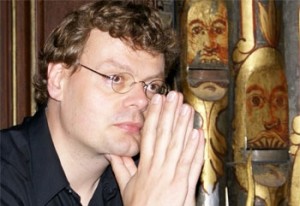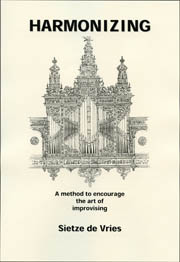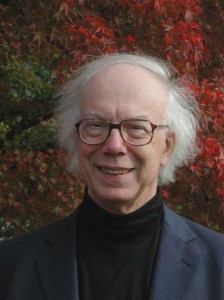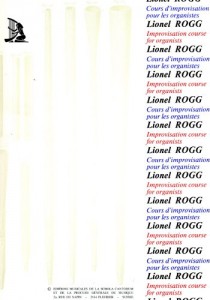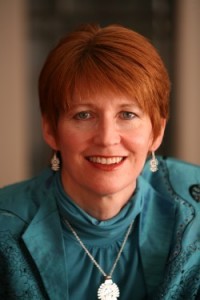Gerre Hancock
Improvising: How to Master the Art
Oxford University Press
As one of the most highly regarded American improvisers of the late twentieth century, Gerre Hancock has left us a wonderful treasure in his book Improvising: How to Master the Art. I remember as an undergraduate student anticipating its release, anxiously waiting to see what this master would put down on paper as the way to learn American improvisation. While there were some smaller volumes (by Jan Bender
and Michele Johns
), the referential text for improvisation when I was a student was still the Cours Complet D’improvisation a l’orgue
by Marcel Dupré. While offering lots of guidance, the Dupré was written for French students who normally have many years of harmony and counterpoint studies either already under their belt or in parallel process which typical American students lack. This makes the Dupré a very challenging place to start for most Americans. Gerre Hancock provides a wonderful bridge for those aspiring to follow the Dupré method but without the advanced theoretical background.
After an introduction where he offers two axioms of the art of improvising – 1)Never stop and 2)Salvation is never more than half a step away – Hancock begins with scales. Beginning with one voice, the student is encourage to make an interesting melody out of an ascending and descending scale. Slowly the texture is increased up to four voices. Numerous examples are given in a multitude of styles, however there is always one voice that is the scale. Whereas Dupré expects a student to practice proper voice leading and keep a strict even rhythm to the scales, Hancock encourages variety. This does not mean rhythmic instability as one of the recommendations at the end of the first chapter is for the student to count the time signature aloud while playing.
Chapter two moves on into phrases, starting again with only one voice and building up to a four voice texture. Having mastered scales and phrases, the student begins work on transitions in chapter three (“The Interlude”). Chapter four lays the foundation for variations as Hancock leads the student through re-voicing and re-harmonizing hymns. Chapter five (“The Ornamented Hymn”) begins to move the student away from strict statements of the hymn tune, preparing for “The Hymn Prelude” of chapter six where the student is given several forms to combine and apply the work of the previous chapters on phrases, interludes and ornamentation.
Beginning at chapter seven, Hancock moves the student from a given melody to forms that can be used with freer themes, beginning with Song Form, moving through Sonata Form (chapter 8) to Toccata (chapter 9). At chapter 10, he begins to introduce contrapuntal ideas through study of the canon. More complicated imitative structures are studied in chapter 11 (“The Duo and the Trio”) before arriving at the ultimate improvisational achievement- the fugue (chapter 12).
Overall, I find this book to be very logical in the progression through the material covered. While tonal language is implied throughout the course of study, the primary instruction in this book is in coherence through form and thematic development. It can be followed using a very simple or very complex harmonic language, i.e. in whatever language the student is most comfortable. If you are looking for instruction in harmony or a specific style, this is not the place to go, but if you wish to develop your improvisational form, this is an excellent workbook. Each chapter is filled with concrete recommendations for practice. It begins simply enough that anyone with basic music theory knowledge can follow, but it provides enough substance that even those with several years of harmony and counterpoint studies can still follow and learn.
Gerre Hancock was not only a master improviser, but also a master teacher. Improvising: How to Master the Art is indeed a masterwork of improvisation pedagogy and should be in any serious student’s library.
